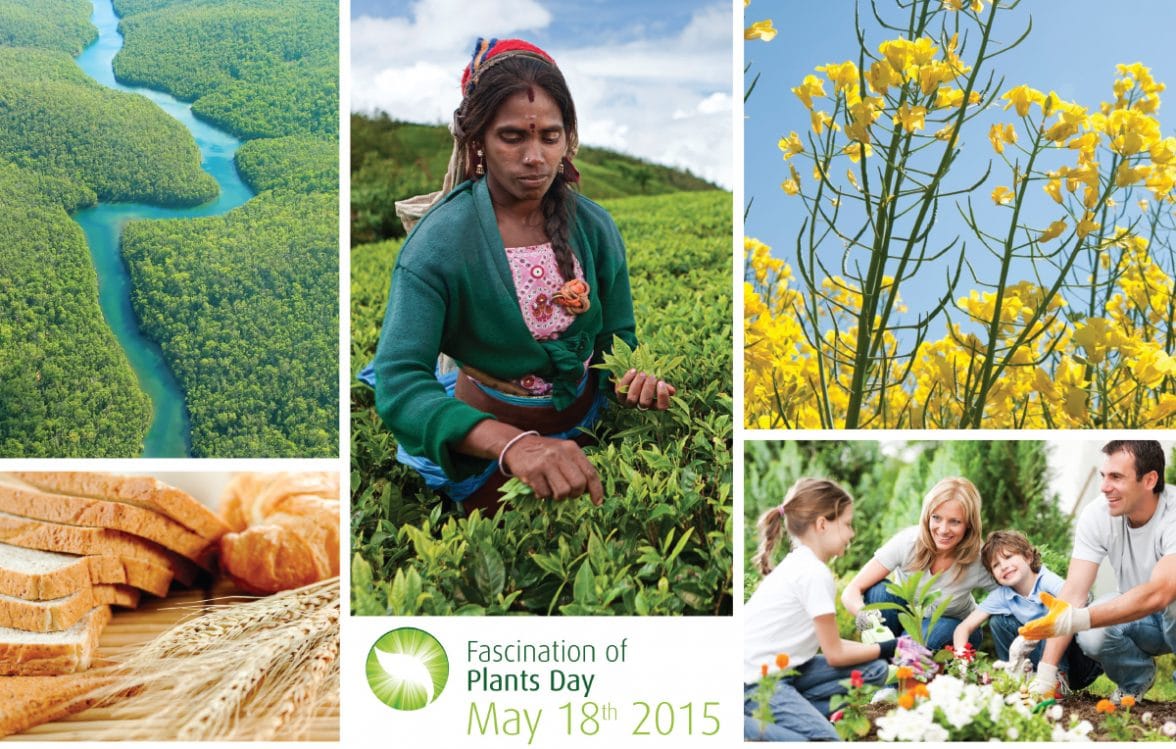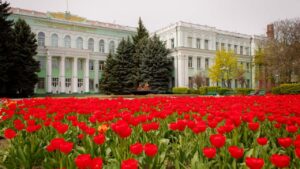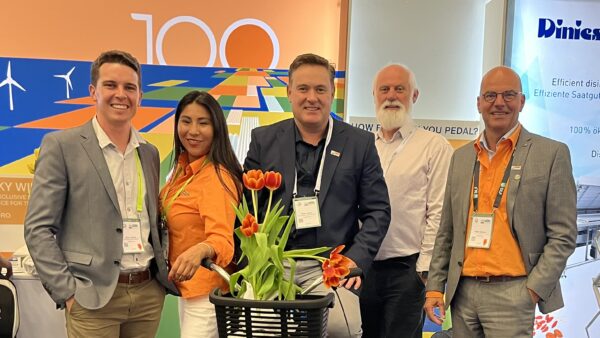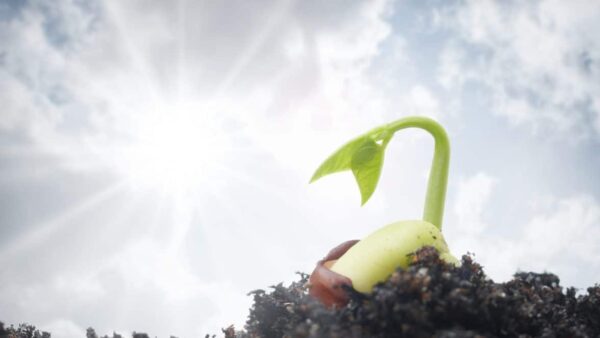On 18 May 2015, the International Fascination of Plants Day (FoPD) was organised for the third time under the umbrella of the European Plant Science Organisation (EPSO). We are very proud to announce that the event was a great success, with participants from all continents and cultures organising over 960 events to get the world fascinated by plants!
From Bosnia to Bolivia, from South Africa to South Korea, FoPD 2015 united a global research community and engaged the public with plant science on an unprecedented scale.
Over 960 events in 56 countries
In total, 589 institutions in 56 countries around the globe opened their doors in order to stir up people’s enthusiasm and fascination about plants and their importance for sustainable production of food, horticulture, forestry, as well as the non-food products such as paper, timber, chemicals, energy, and pharmaceuticals.
Many plant science institutions, universities, botanical gardens, schools, and museums, together with farmers and companies, opened their doors with a variety of plant-based events for all the family. Nations across Europe were involved and an incredible 207 events were organised in Poland, and 127 events in Ukraine.
Around the world thousands of seeds were planted and the public learned how something seemingly so small can create so many green lives. For example, at the British Royal Botanic Gardens Kew visitors were able to join five tours of the science laboratories and see the Millennium Seed Bank vault. In Brazil, workshops were related to cultivation of plants in pots and production of floral arrangements, and the observation of birds and bees. In China, thousands of people went to exhibitions on themes including; plants and human lives, transgenic food security and endangered plants. In Russia, children planted seeds and visited scientific laboratories. In the U.S., Grade 1 students learned how plants use their senses to explore and respond to their environment.
An Example from Norway
One example of a successful activity was presented by Trine Hvoslef-Eide at the recent EPSO General Meeting. At the Norwegian University of Life Sciences and the Bioforsk Institute for Agricultural and Environmental Research in Ås, Norway, Trine organized a plant production course. Students cultivated their own plants and sold them during FoPD.
The students chose four species and were involved in every stage of the cultivation; sowing, pricking, potting, pinning and fertilising. They needed to find the facts about plant growth and ask advice when stuck, and even made economic calculations on the growth and sales of the plants. The proceeds were used to fund the education of Mkami, a schoolgirl in Tanzania, and provide 10 shelter boxes for families after the earthquake in Nepal.
Trine felt having the students produce bedding plants of flowers and vegetables for sales on FoPD combines three excellent outcomes:
- We attract a large local crowd for FoPD and expose them to our message on the importance of seeds and plants;
- The students get practical experience with growing plants; and
- The proceeds supported a charity.
A Worldwide Network of Coordinators
In order to make FoPD 2015 happen, four Global Coordinators and a dedicated team of over 60 National Coordinators (NCs) from the plant science community volunteered themselves to encourage and coordinate the activities in each nation. The NCs adapted the publicity materials for their own language and culture, spread the word in their respective countries, and provided the network to allow us to celebrate plants as a single global entity.
Through this coordinated activity the goal is to build a network of communicators able to achieve high impact interactive communication and engagement at local, national, European and global levels, sharing common materials and best practices.
A Growing Success
The first FoPD in 2012 was organised to give the research community a platform to meet the public in an interactive manner and introduce the benefits that research and innovation on seeds and plants can provide for the public at large. The event instantly evolved from a European to a global initiative and a second edition was organised in 2013, breaking the barrier of 1,000 events for the first time. FoPD 2015 has continued the momentum, and the event will now take place every two years.
The organisers are proud that FoPD spread so quickly, and they look forward to continuing to plant many virtual and constantly germinating seeds in the collective mind of the European and world public that plant science is of critical significance to the social and environmental landscape, now and into the future.
Thank you to everyone in the seed industry sector who has taken part in FoPD, most notably KWS and the Plant for the Future European Technology Platform who provided generous sponsorship to help make the event such a success.
EPSO, its italian representatives and the Plants for the Future ETP will hold an interactive exhibition showing the success of the third FoPD at the Expo in Milan, on 7 and 8 October 2015.
The next Fascination of Plants Day will take place around 18 May 2017, and we invite you to join us in celebrating it by organizing an exciting event! If you are interested in acting as a global sponsor, please contact Karin Metzlaff, (E-mail: karin.metzlaff@epsomail.org) Executive Director of EPSO.
Where on the Web:
Visit European-Seed.com for more links and resource available on the Fascination of Plants Day initiative.
Fascination of Plants Day 2015
In total, 589 institutions in 56 countries around the globe opened their doors for over 960 events to stir up people’s enthusiasm about plants and their importance for sustainable production of food, horticulture, forestry, as well as the non-food products such as paper, timber, chemicals, energy, and pharmaceuticals. All participating countries are represented on our interactive map in green, click here. Our ambition is to turn the whole world green!
The list of events is endless, for more information on the many activities that took place, please consult the Success Stories online and visit the individual country pages on the FoPD website.
An educational powerpoint presentation entitled “Why Study Plants?” has been translated in nearly 20 languages and is available here.













